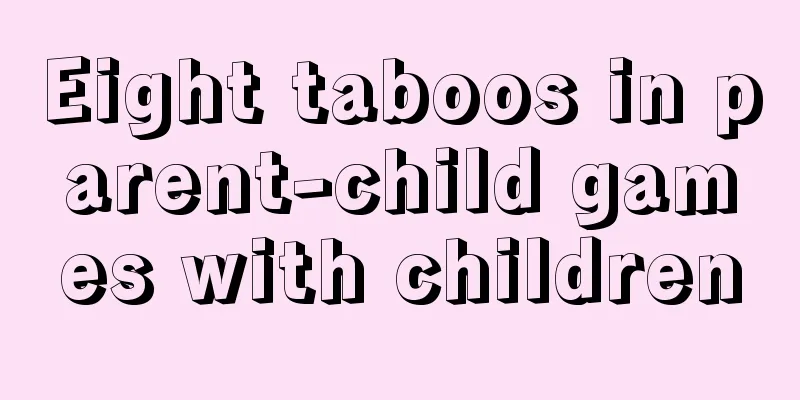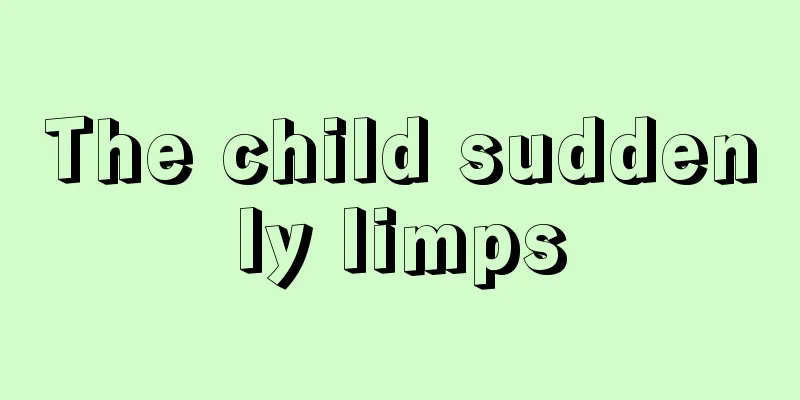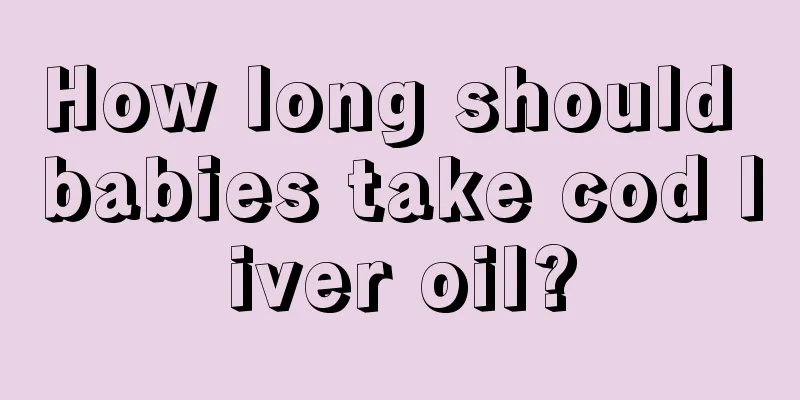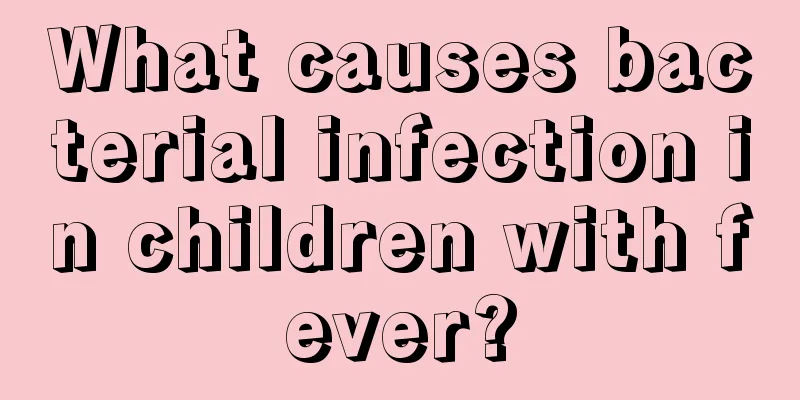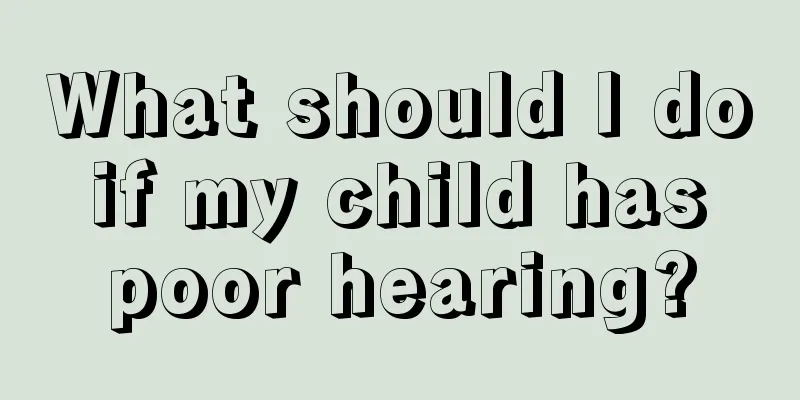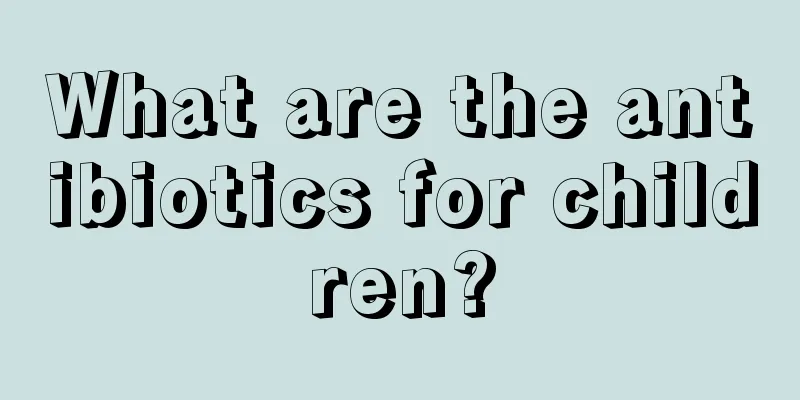Does a one-year-old baby need to get an injection if he has chickenpox?

|
Chickenpox is an infectious disease in life. In most cases, children suffer from chickenpox. Fortunately, this disease will only occur once in a lifetime. Of course, if chickenpox is not treated well, it will not only cause great harm to the body, but also may affect the patient's appearance. After all, if you scratch your chickenpox carelessly, it will easily leave scars. So, does a one-year-old baby need to be given an injection if he gets chickenpox? If the child does not have a fever, he or she can be treated with oral antiviral drugs and no injections are needed. Chickenpox is a highly contagious, acute infectious disease caused by the initial infection with the varicella-zoster virus. The main transmission route is respiratory droplets or direct contact, and it occurs more frequently in spring and winter. Infants and young children are a high-risk group, with the incidence rate in susceptible children reaching over 95%. Babies within 0 to 6 months have antibodies from their mothers and have a lower incidence rate. Preschool children aged 2 to 6 years are the peak incidence group. Mothers need to pay more attention to the symptoms and treatment of chickenpox. When a baby gets chickenpox, the mother will find papules, blisters and scabs on the baby's body. Chickenpox is a self-limiting disease, and the patient can obtain lifelong immunity after the disease. However, the infection may recur after many years and cause shingles. Chickenpox is mainly caused by the varicella-zoster virus invading through the respiratory tract, growing and multiplying on the human respiratory mucosa, invading the reticuloendothelial cell system through the blood and lymph and multiplying again. At this time, a second round of viremia and systemic lesions will occur, with the main damage sites being the skin. The rash that appears in batches is related to intermittent viremia. If the body can produce a specific immune response in time, viremia will disappear and symptoms will be relieved. Children are most likely to get chickenpox when their immune function is weakened. In severe cases, disseminated varicella may occur. Complications of disseminated varicella include pneumonia, encephalitis, hepatitis and pancreatitis. When the body's immunity decreases, the virus is activated, causing ganglion inflammation, and then goes down along the nerves to the corresponding skin segments, causing clusters of herpes and neuralgia, which is called herpes zoster. |
<<: What's wrong with the bloodshot on the child's face?
>>: What medicine should children take for frequent urination
Recommend
What happens if a child has white spots in his throat?
There are white spots in the child's throat. ...
What age is an electric toothbrush suitable for children?
Electric toothbrushes are a product that children...
What to do if a child has a viral cold or cough
It is normal for children to catch a cold and hav...
Why does my baby have a fever? The reason is so complicated
Babies are very prone to high fevers, and the rea...
What is the reason for a girl's blood in urine?
The phenomenon of girls urinating blood occurs fr...
Two-year-old baby doesn't like to eat
There is a two-year-old baby at home who doesn’t ...
Why does my eight-month-old baby toss and turn when sleeping?
The baby is the apple of the parents' eyes, a...
What parts of the body should be moxibustioned for children with cough
Children don’t like to take medicine when they co...
How to treat children's brain dysplasia?
Brain maldevelopment often occurs in children. Ma...
What is the order in which children's teeth erupt?
Many young mothers are not very clear about some ...
Diseases that may be caused by excessive eye mucus in newborn babies
Speaking of eye boogers, I believe everyone is fa...
What should I do if my child is weak and sweats a lot?
The condition of children's physical weakness...
Nine-month-old baby's low intelligence
Although babies' development times are differ...
What to do if a child has cough and bronchitis
Some young children suffer from serious bronchiti...
Can children's ADHD really heal itself?
ADHD is a problem that has troubled parents for a...
